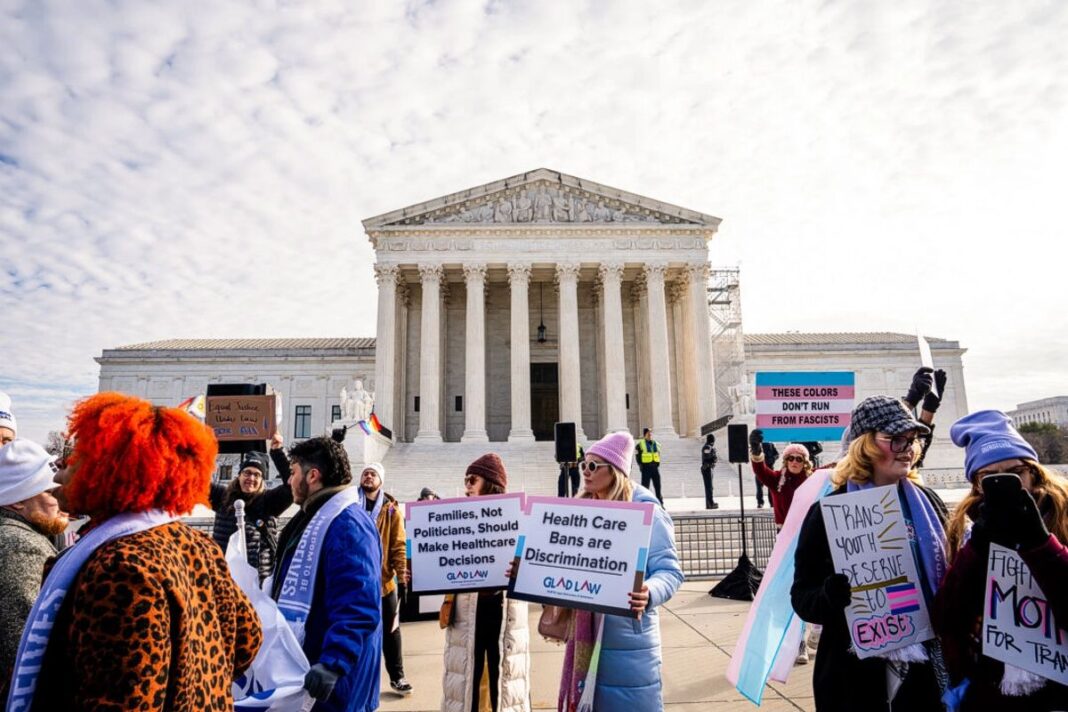A rastafarian and controversial street preacher claim the government infringed on their rights.
The Supreme Court is expected to hear two cases in coming weeks that could determine how far Americans may go in holding government officials accountable for purportedly violating their rights to religious freedom.
While the Constitution and federal law prohibit such violations, the legal system is still working out how Americans may use two laws in particular—the Religious Land Use and Institutionalized Persons Act and civil rights statute 42 U.S. Code § 1983—for things like financial damages.
In Landor v. Louisiana, which is set for oral argument on Nov. 10, the court is expected to consider whether the former law allows individuals to seek money damages.
On Dec. 3, the Supreme Court is expected to hear Olivier v. City of Brandon, which focuses on whether individuals can bring § 1983 lawsuits over laws they have already been guilty of violating.
Rastafarian Prisoner
Damon Landor is a devout Rastafarian who abides by what court papers describe as a “Nazarite Vow” not to cut one’s hair.
According to Encyclopedia Britannica, Rasatafari is a political and religious movement that started in Jamaica in the 1930s.
Despite Landor’s religious interest in maintaining his dreadlocks, prison guards in Louisiana held him down and shaved his head to the scalp.
When Landor lost his hair, the U.S. Court of Appeals for the Fifth Circuit had already ruled in a separate case that forcing inmates to cut their dreadlocks was illegal.
Landor attempted to show a copy of this ruling to a prison guard, but the guard threw it in the trash.
He followed by suing prison officials in their individual capacities and sought money damages under the Religious Land Use and Institutionalized Persons Act.
A portion of that law states that individuals can “obtain appropriate relief against a government” and defines “government” as including “any person acting under color of state law.”
Similar phrasing can be found in a sister statute known as the Religious Freedom Restoration Act, which Congress passed in 1993 to protect the free exercise of religion.
Because the Supreme Court held in 2020 that the Religious Freedom Restoration Act allowed money damages, Landor argued that its sister law should as well.
By Sam Dorman







